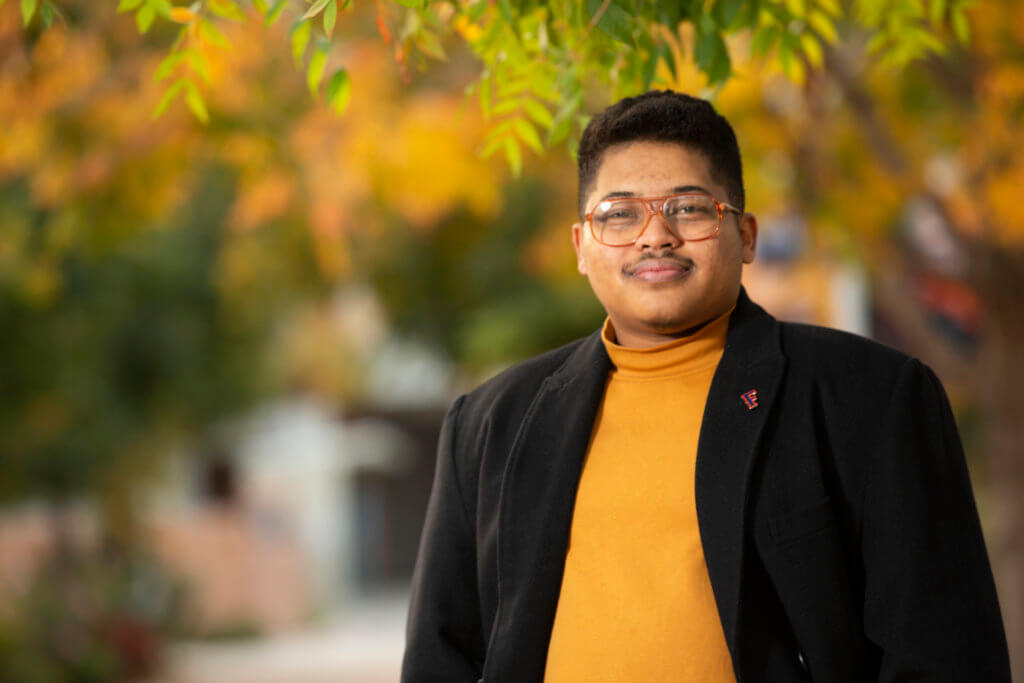The past year forced me to reflect on the nuance of anti-racism.
In 2019, the term was almost entirely void from the common vernacular — merely a creative book title or a dismissed demand of activists. One year of hell later, it’s become the verbalized modus operandi.
Since the murders of Breonna Taylor and George Floyd, the world has responded by rapidly circulating “anti-racist” book lists, and sharing mutual aid and co-op resources. Their untimely deaths challenge us to publicly demonstrate a desire to move forward through protesting in the streets, at the ballot box or on Instagram.
As 2020 passed, I reflected on my anti-racism journey. This year of manifested hell brought with it constant temptation to perform acts of anti-racism: to post something here, donate something there, read something, share something. Though my actions bring with it necessary support, it also is in no way a defining moment on my anti-racism journey.
It’s simply support.
My true journey toward anti-racism cannot be performed or exemplified because it’s deeply personal.
I’m reflecting on how I have spent two years in therapy, eight months with a certified counselor. This year of consistent hell has provided ample reminders of my critical need to heal holistically.
What began my freshman year as an assignment to read Ta Nehisi Coates’ “Between the World and Me” rapidly snowballed into an obsessive consumption of similar literature.

My anti-racism journey was coming to accept the reality that racism cannot confront: I have every right to exist as the fullness of who I am. In fact, I have a responsibility to do so. A responsibility to myself, my community, my ancestry.
Isaac Alferos
Never in my life have I read something that spoke so honestly and earnestly to me, with such little regard paid to minced words or code-switching. Every word seemed as though it was written FOR me, for US.
Coates’ presented me with a path towards healing I did not know I needed, one that confronted my deepest fear.
I found Malcolm X and Assata Shakur, who taught me to boldly assert my existence regardless of its cost.
Poet, essayist and novelist Audre Lorde taught me to love myself earnestly — so earnestly that it’s impossible to hide.
Toni Morrison and James Baldwin helped me reach deep and demanded I know myself, my true self, and made me promise never to accept the lies told about me.
They taught me to love the very parts of myself I had grown to hate.
These ancestors taught me that I am not a victim of anything but the delusion that comes as a symptom of racism: the profoundly ingrained acceptance that I am the problem.
My journey to anti-racism was not public. Instead, my anti-racism journey was a private one.
It was the necessary realization that racism creates a persistent delusion. It propagates aspirations of superiority — aspirations that must suppress reality.
My anti-racism journey was coming to accept the reality that racism cannot confront: I have every right to exist as the fullness of who I am. In fact, I have a responsibility to do so. A responsibility to myself, my community, my ancestry.
It means that I accept that I am not delusional for recognizing every way racism engrains itself into our society’s structures.
So, my anti-racism journey is personal because the most lethal threat to racism is a self-aware Ilocano-Black man with a platform.
Isaac Alferos is majoring in business administration with a concentration in finance. He is a scholar in the Male Success Initiative-Fullerton, a Panetta Scholar, and serves as a student representative on the California Student Aid Commission. Alferos is also the Black + Brown Healing Project executive director and is a justice and healing-based organizer, writer, and researcher.